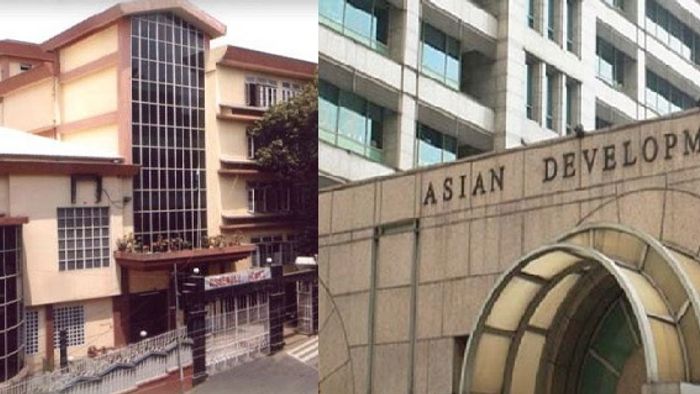Centre signs $4.5 million project with Asian Development Bank to improve mobility in Mizoram

- Oct 26, 2021,
- Updated Oct 26, 2021, 12:21 AM IST
AIZAWL: The Government of India and the Asian Development Bank today signed a $4.5 million project readiness financing (PRF) loan to support project preparation and design activities to improve urban mobility in Mizoram’s Aizawl.
Rajat Kumar Mishra, Additional Secretary, Department of Economic Affairs, in the Ministry of Finance signed for the Government of India the PRF for the proposed Aizawl Sustainable Urban Transport Project, while Mr Takeo Konishi, Country Director of ADB’s India Resident Mission signed for ADB.
After signing the agreement, Mishra said that the PRF supports the development of long-term solutions to improve urban mobility in Aizawl by identifying high-priority urban transport investments for the ensuing project and enhance its readiness by supporting due diligence and other preparatory activities.
“The PRF will develop a Comprehensive Mobility Plan (CMP) for Aizawl that outlines the urban transport development strategy and build synergies with urban development planning initiatives in the state, and promote climate and disaster resilience, and gender inclusiveness in its interventions,” said Konishi.
Urban mobility in Aizawl, the center of Mizoram’s administrative and service industry, is severely constrained due to rapid and unplanned urbanization. This results in traffic congestion on narrow road widths, and adversely impacts road safety, efficiency in movement of people and goods, and environmental sustainability.
The ensuing project, being developed through the PRF, seeks to resolve the city’s transport problems by adopting sustainable urban mobility solutions. The PRF will conduct feasibility studies for prioritized projects identified in the CMP, and prepare detailed project reports and detailed design for the ensuing project. It will help develop institutional capacity of the state’s Urban Development and Poverty Alleviation Department in pre-implementation and project preparation activities.
ADB is committed to achieving a prosperous, inclusive, resilient, and sustainable Asia and the Pacific, while sustaining its efforts to eradicate extreme poverty. Established in 1966, it is owned by 68 members—49 from the region.